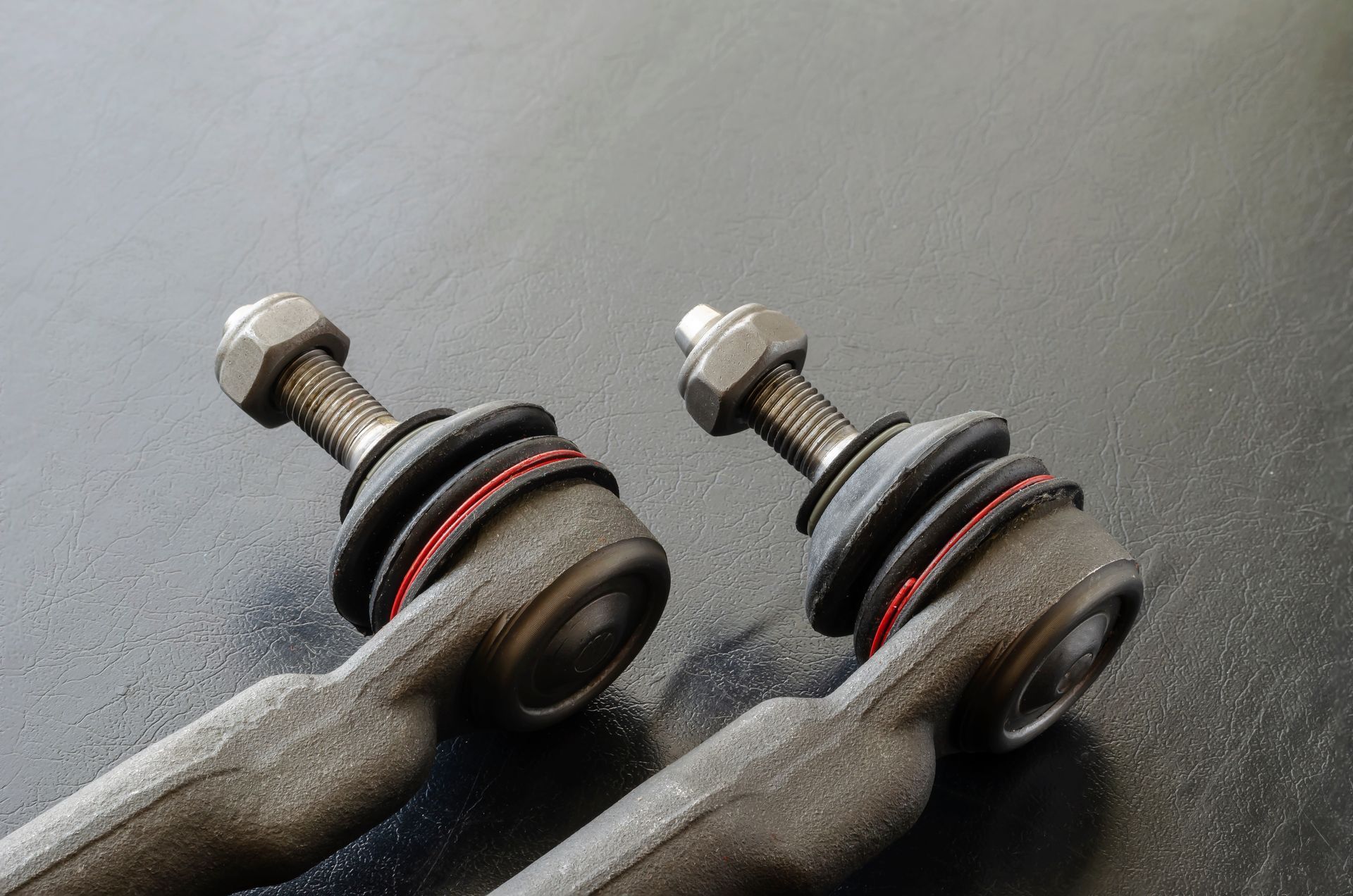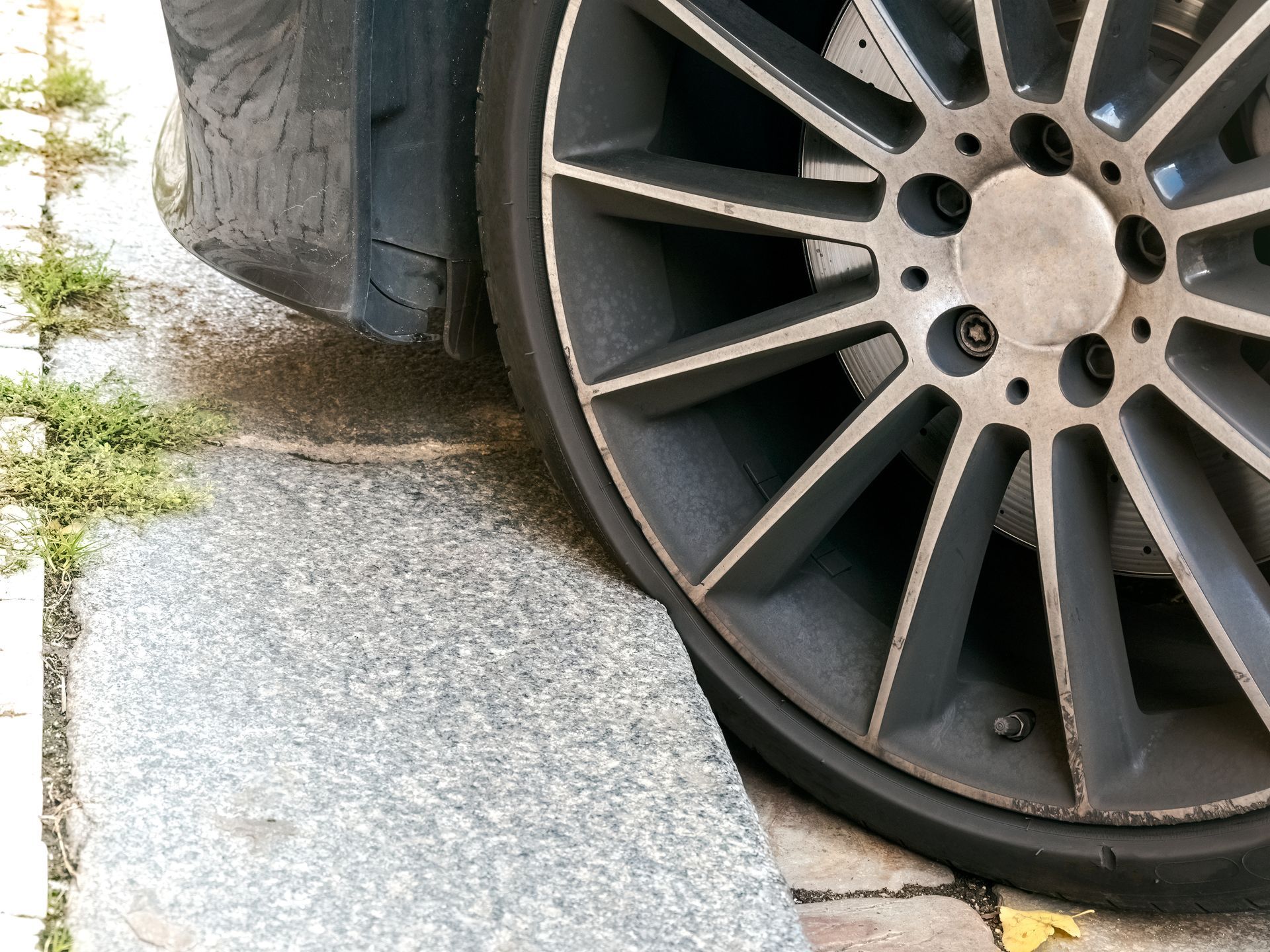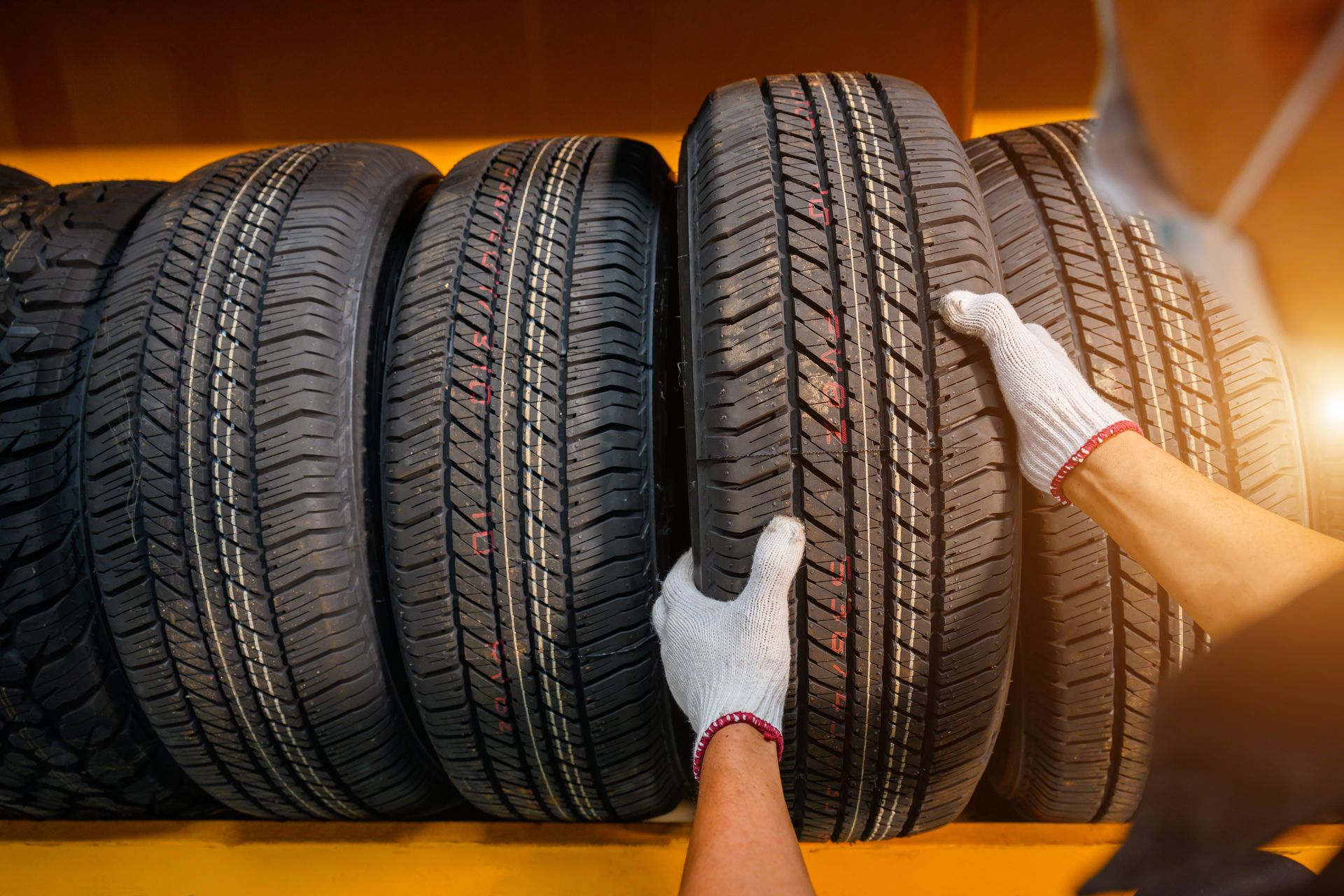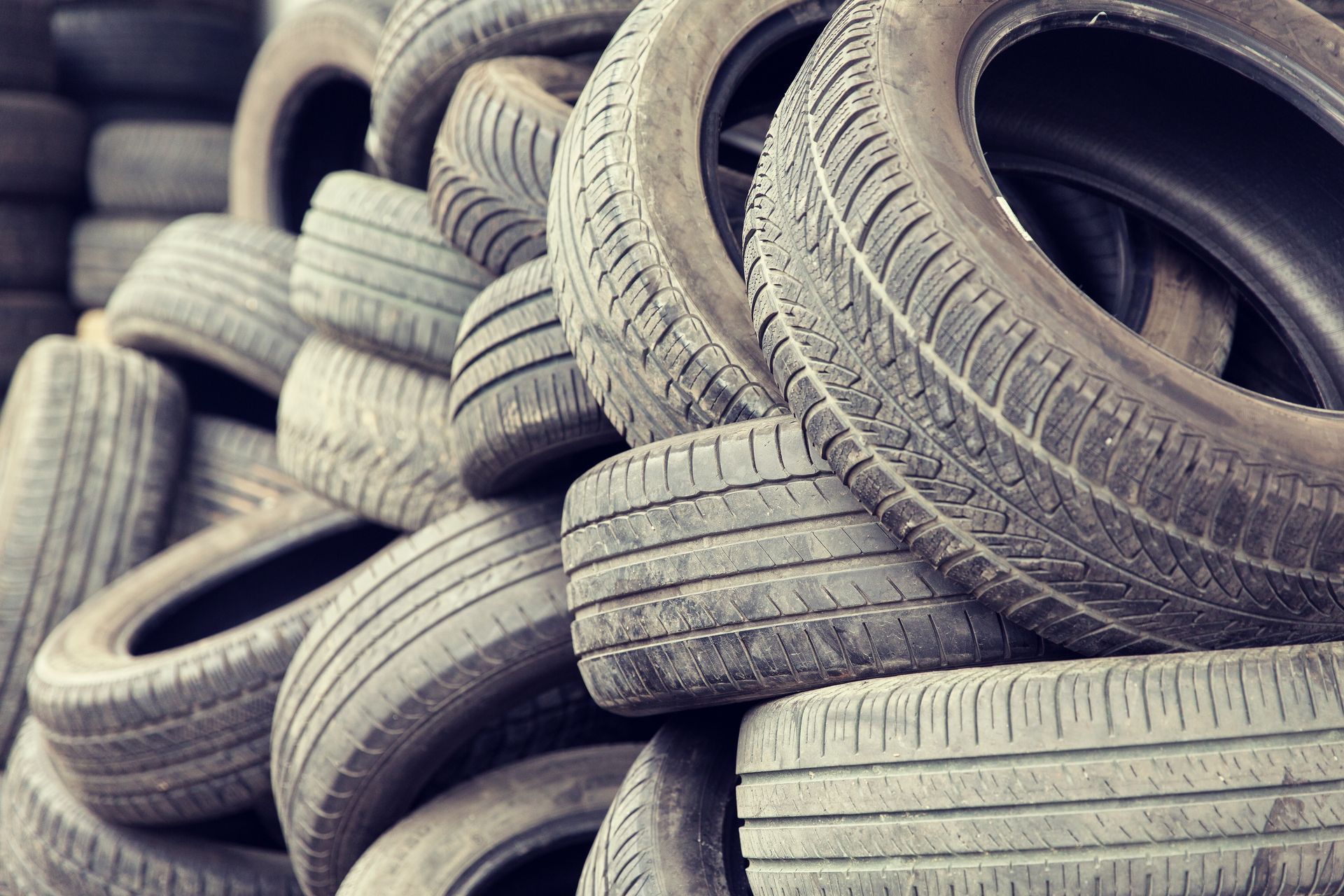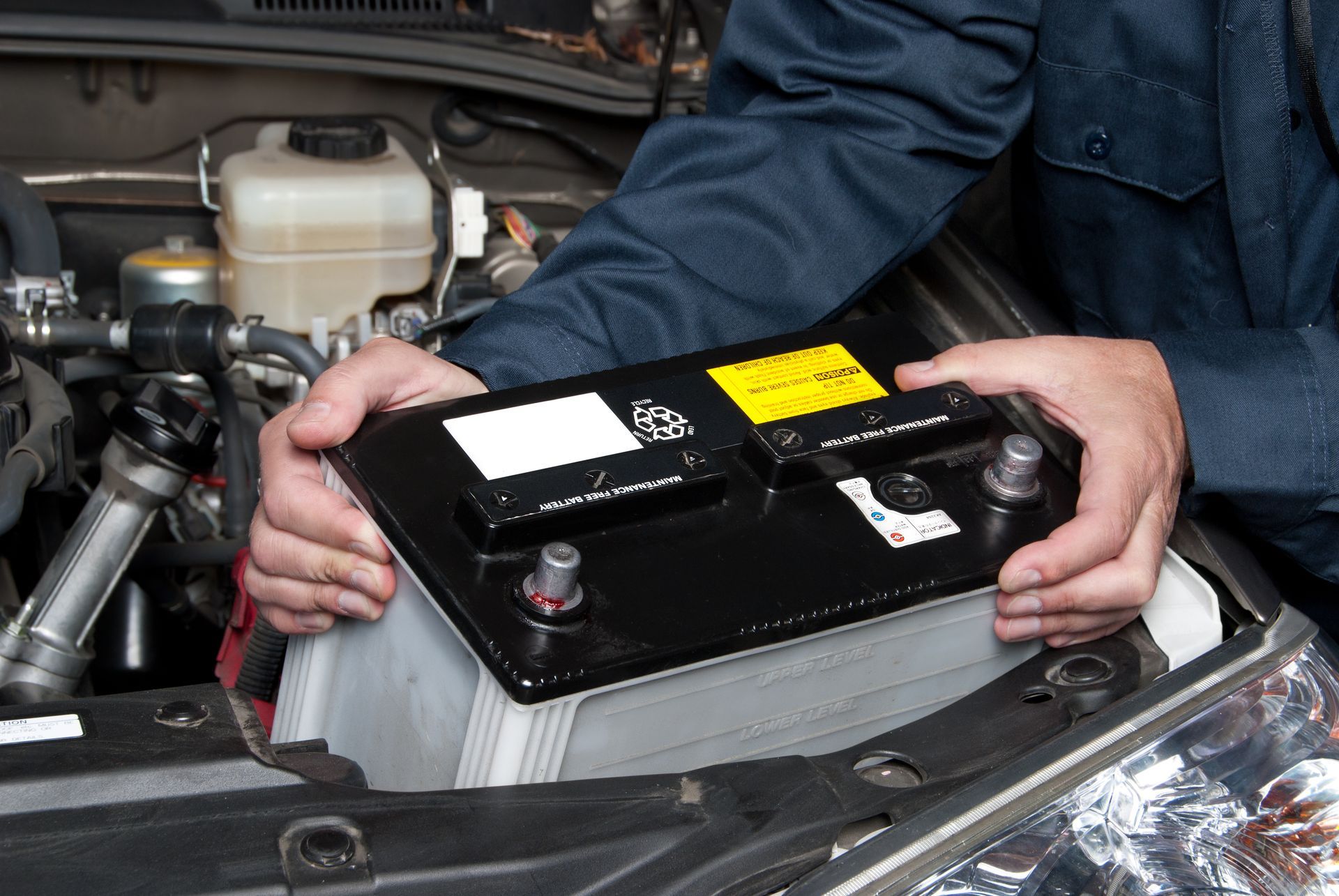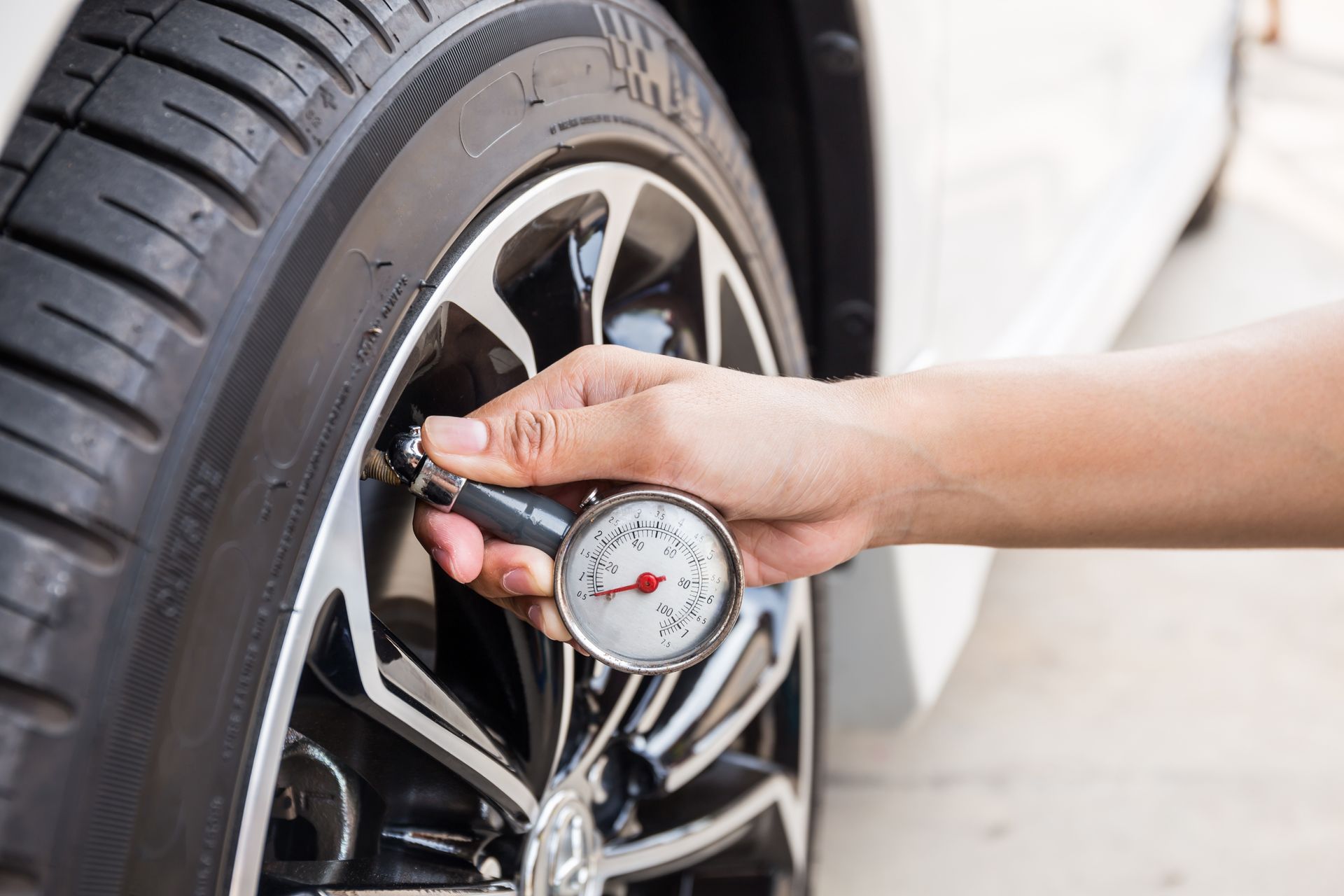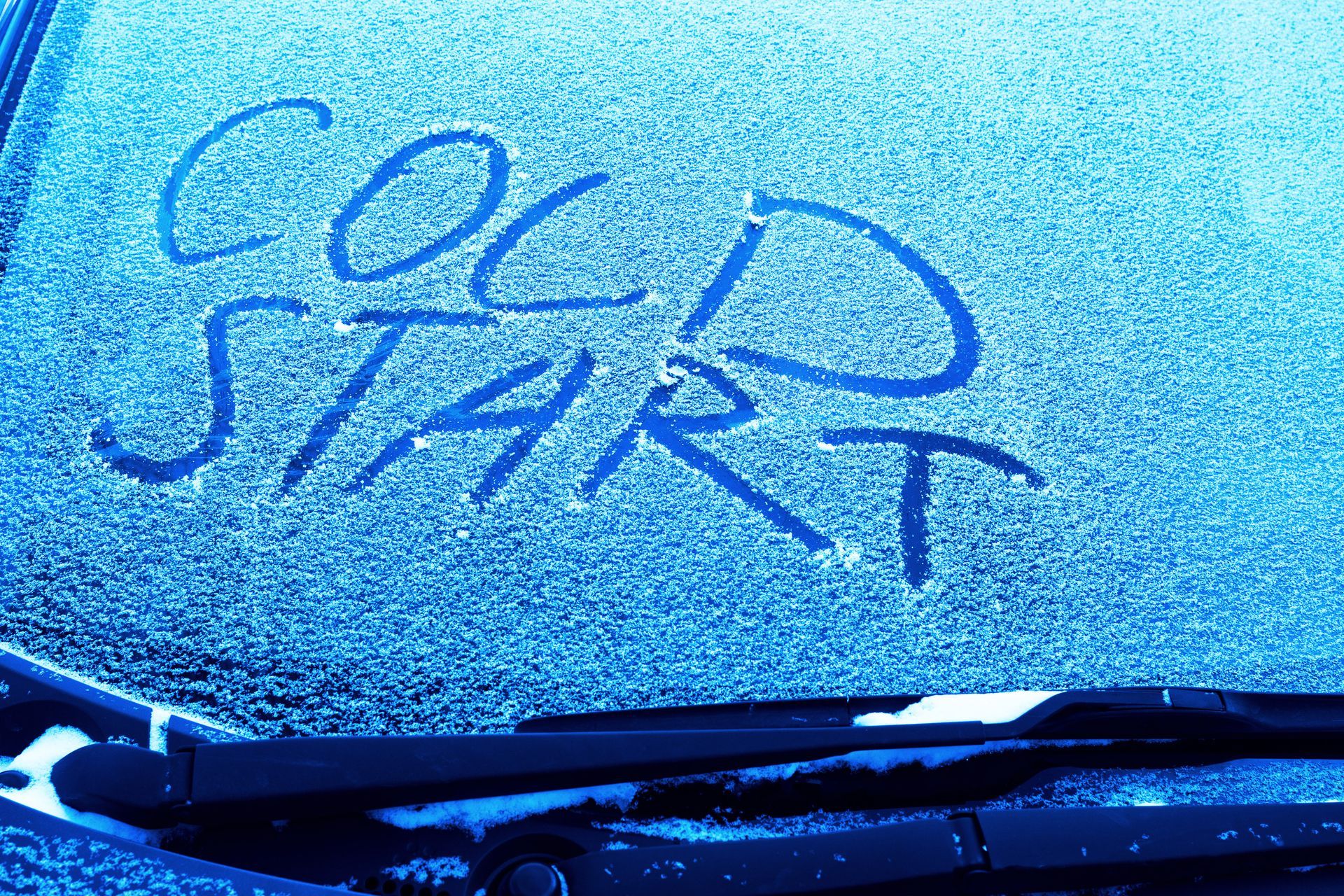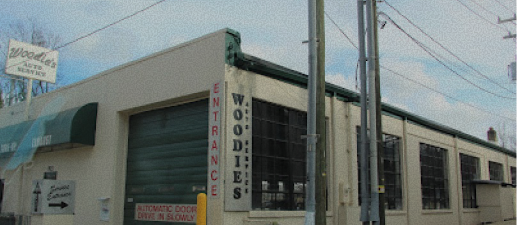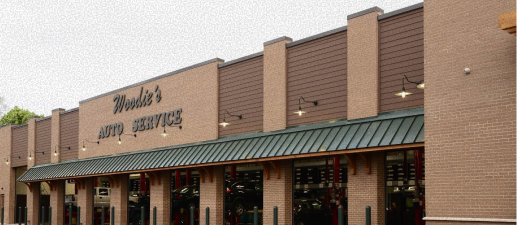What Does a Car Tune-Up Include?
August 30, 2024
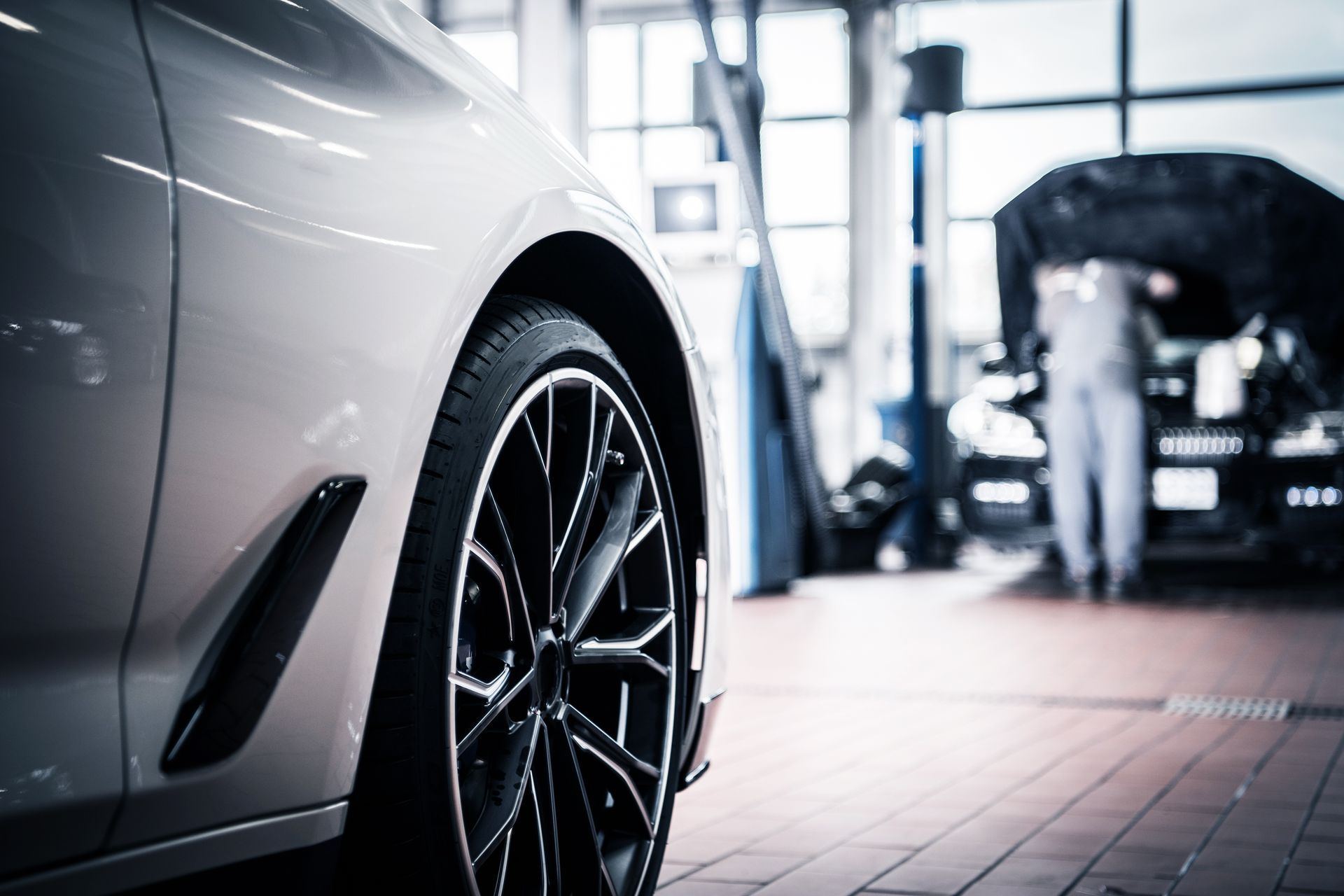
Regular maintenance is key to keeping your car running efficiently and at top performance. One of the most essential aspects of this maintenance is the car tune-up. But what exactly does a car tune-up include? We will share the details to understand why this service is so crucial and what you can expect when you take your car in for a tune-up.
The Importance of Regular Tune-Ups
Your car is a complex machine with numerous parts working together to get you from point A to point B. Over time, these parts can wear out or become dirty, affecting your car's performance and efficiency. Regular tune-ups help ensure that your vehicle runs at its best by addressing potential issues before they become major problems. This not only helps you avoid unexpected breakdowns but also improves fuel efficiency and extends the life of your car.
What Happens During a Tune-Up?
A car tune-up involves a comprehensive inspection and servicing of various components in your vehicle. Here are some of the key elements typically included in a tune-up:
Spark Plug Replacement
Spark plugs are essential for igniting the fuel in your engine. Over time, they can become dirty or worn out, causing misfires and reducing fuel efficiency. Replacing old spark plugs with new ones ensures that your engine runs smoothly.
Air Filter Replacement
The air filter prevents dirt and debris from entering your engine. A clogged air filter can restrict airflow, reducing engine performance and fuel economy. Replacing the air filter helps maintain optimal airflow and engine efficiency.
Fuel Filter Replacement
The fuel filter ensures that clean fuel reaches your engine by trapping contaminants. A dirty fuel filter can cause poor engine performance and decreased fuel efficiency. Replacing the fuel filter is an important part of a tune-up.
Checking and Adjusting the Timing
The timing of your engine's ignition system is crucial for efficient combustion. If the timing is off, it can lead to poor performance and increased emissions. During a tune-up, the timing is checked and adjusted if necessary.
Inspecting and Replacing Belts and Hoses
Belts and hoses are vital for the operation of your car's engine and other systems. They can wear out or crack over time, leading to potential failures. A tune-up includes inspecting these components and replacing them if needed.
Fluid Checks and Changes
Your car relies on various fluids, including engine oil, coolant, transmission fluid, and brake fluid. A tune-up involves checking the levels and condition of these fluids and topping them up or replacing them as necessary.
Battery Inspection
The battery is crucial for starting your car and powering its electrical systems. During a tune-up, the battery is tested to ensure it's holding a charge and functioning properly. If the battery is weak or corroded, it may need to be replaced.
The Benefits of a Regular Tune-Up
Regular tune-ups offer numerous benefits that make them well worth the investment. Here are some of the top advantages:
- Improved Performance: A tune-up ensures that your engine and other components are in top condition, leading to smoother and more responsive performance.
- Increased Fuel Efficiency: By addressing issues like dirty spark plugs and clogged filters, a tune-up can help your car burn fuel more efficiently, saving you money at the pump.
- Extended Vehicle Lifespan: Regular maintenance prevents wear and tear from causing major issues, helping your car last longer and run more reliably.
- Reduced Emissions: A well-maintained engine runs more cleanly, reducing harmful emissions and helping you pass emissions tests.
- Fewer Breakdowns: By catching potential problems early, tune-ups help you avoid unexpected breakdowns and the associated inconvenience and expense.
When to Schedule a Tune-Up
The frequency of tune-ups depends on your vehicle and its usage. Most modern cars can go longer between tune-ups compared to older models. Generally, it's a good idea to refer to your car's owner manual for manufacturer recommendations. However, a typical guideline is to schedule a tune-up every 30,000 miles or every two years, whichever comes first. If you notice any signs of poor performance, such as difficulty starting, decreased fuel efficiency, or unusual noises, it's wise to schedule a tune-up sooner.
Keep your vehicle running at its best with a comprehensive tune-up at Woodie's Auto Service & Repair Centers . Contact us now to schedule your service and experience the difference!
